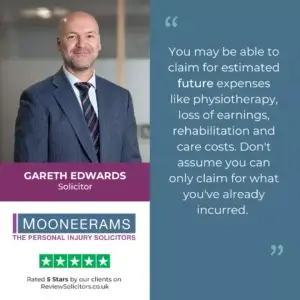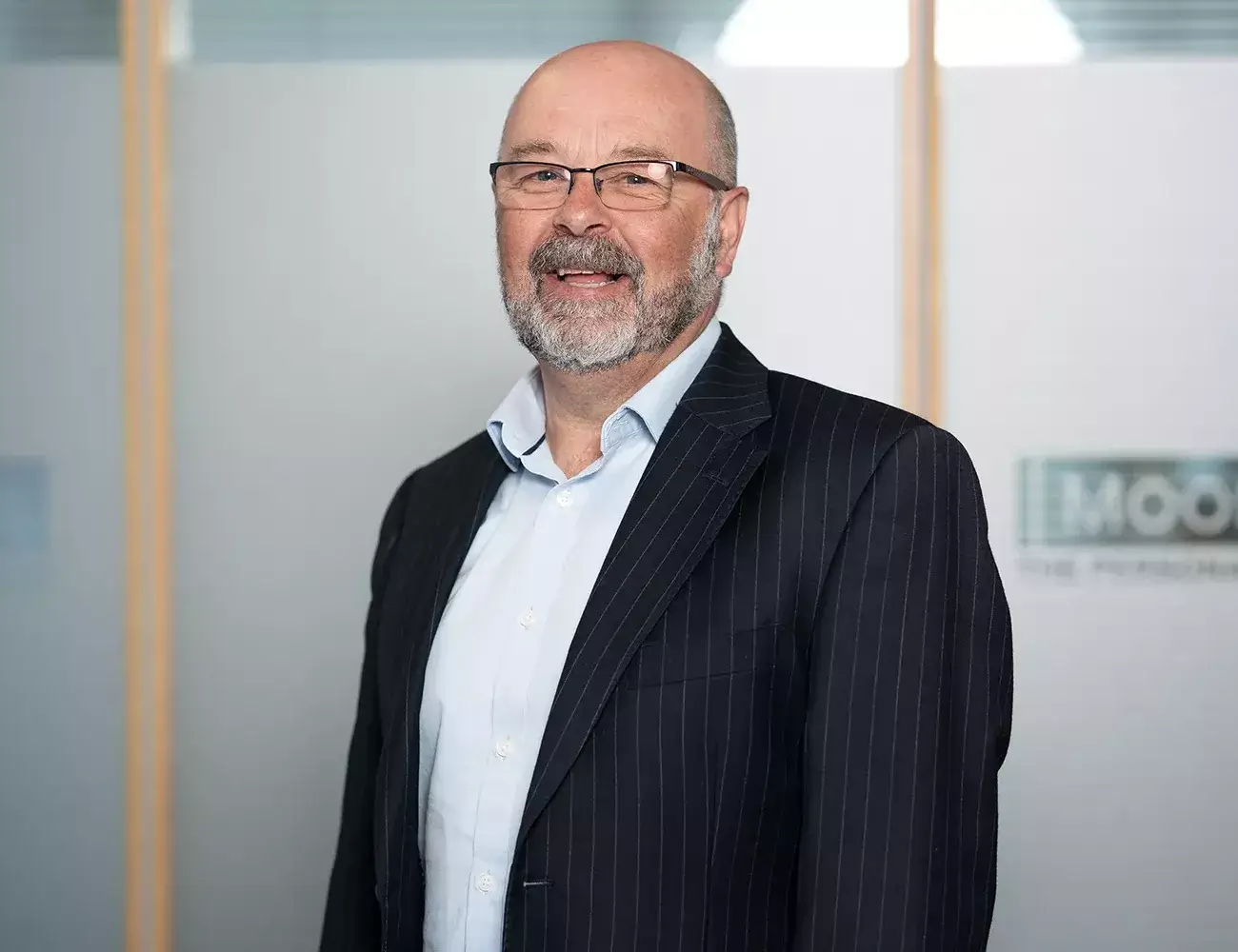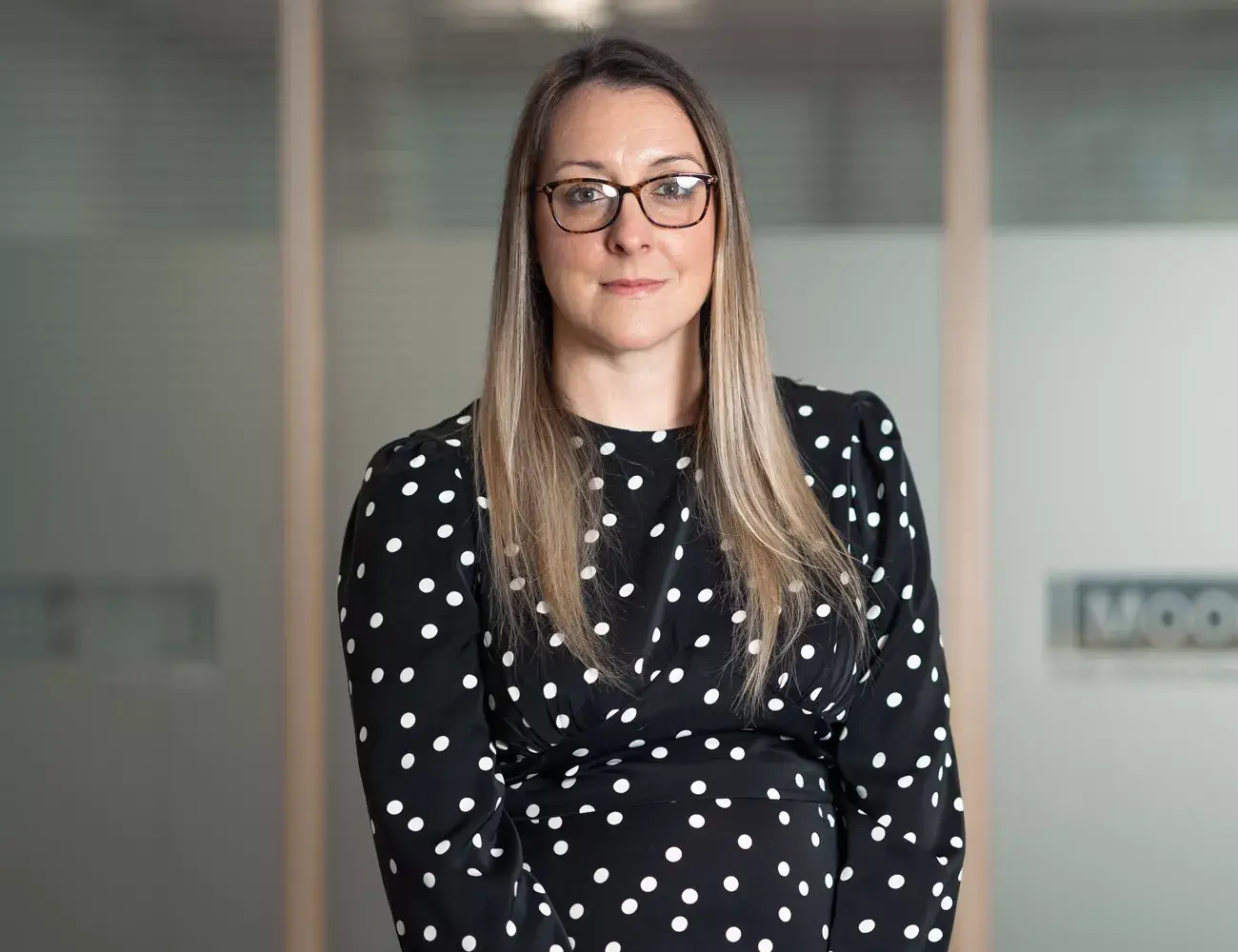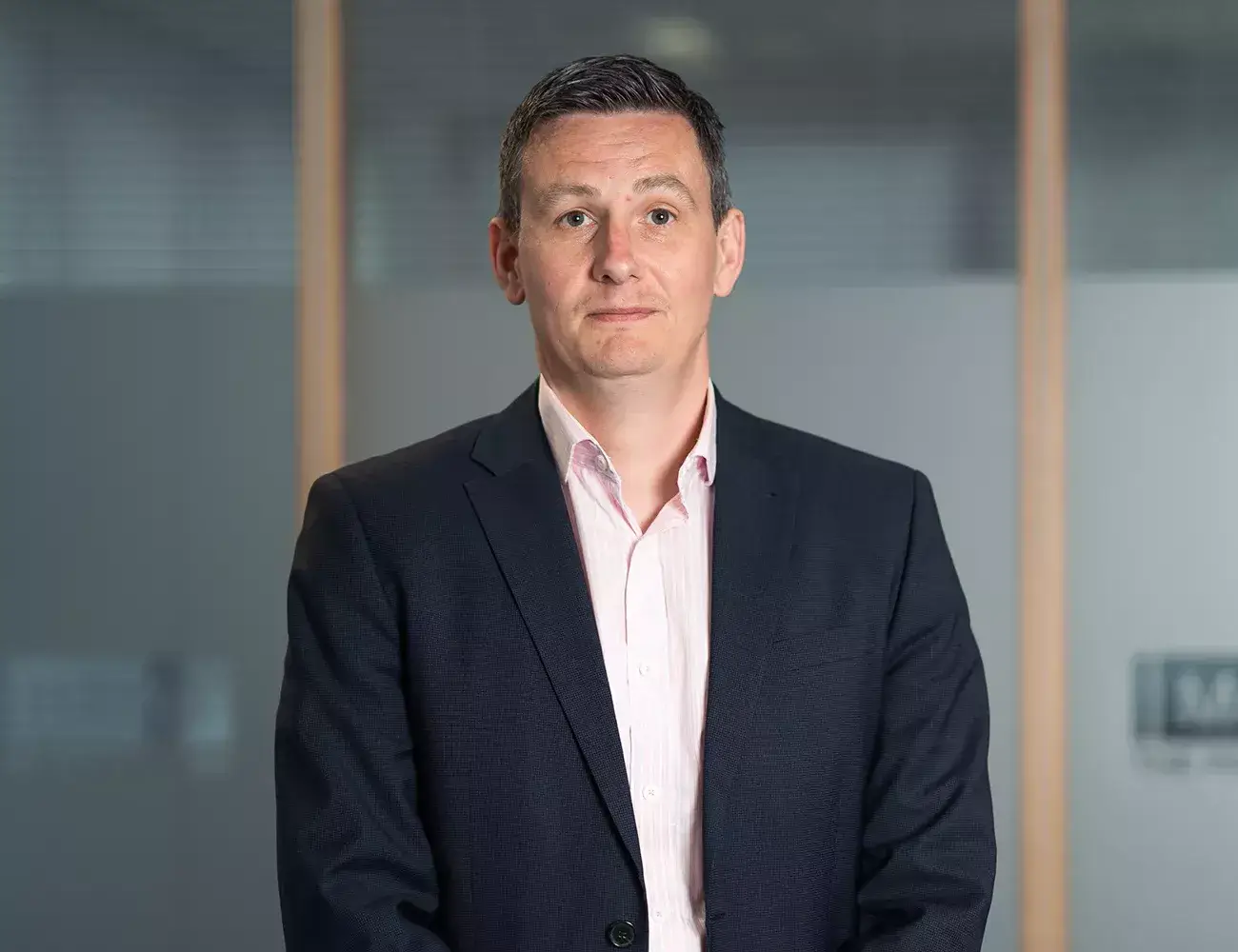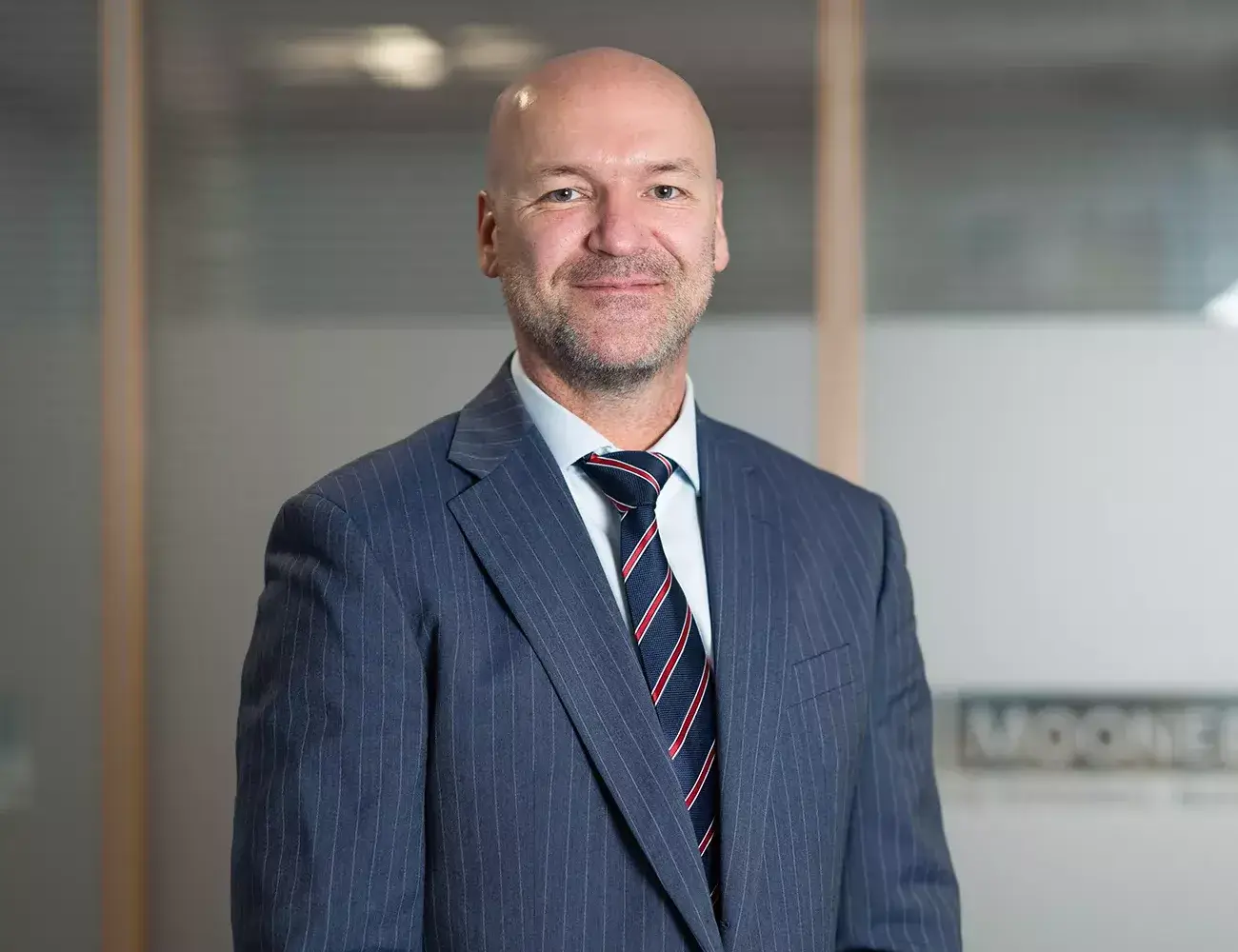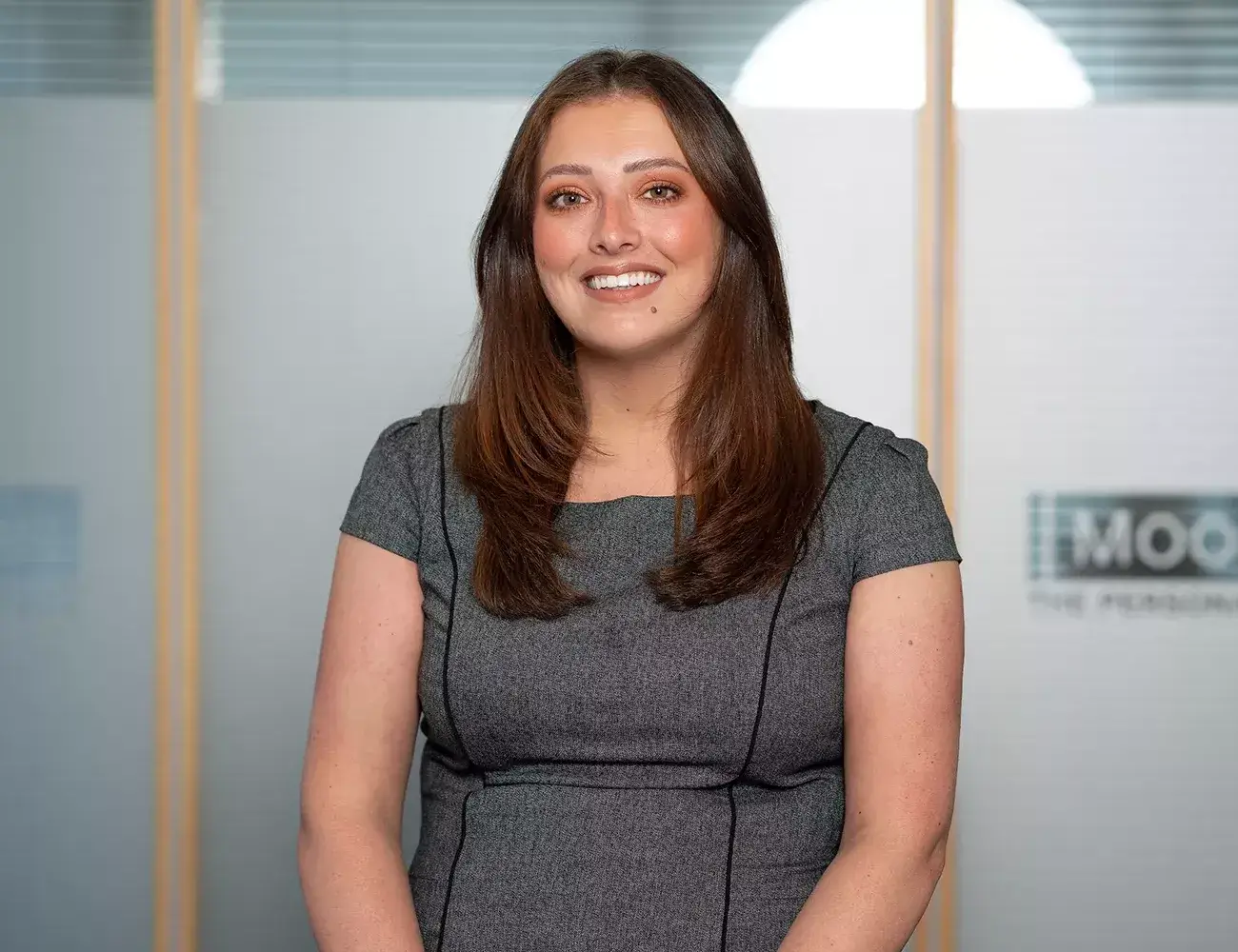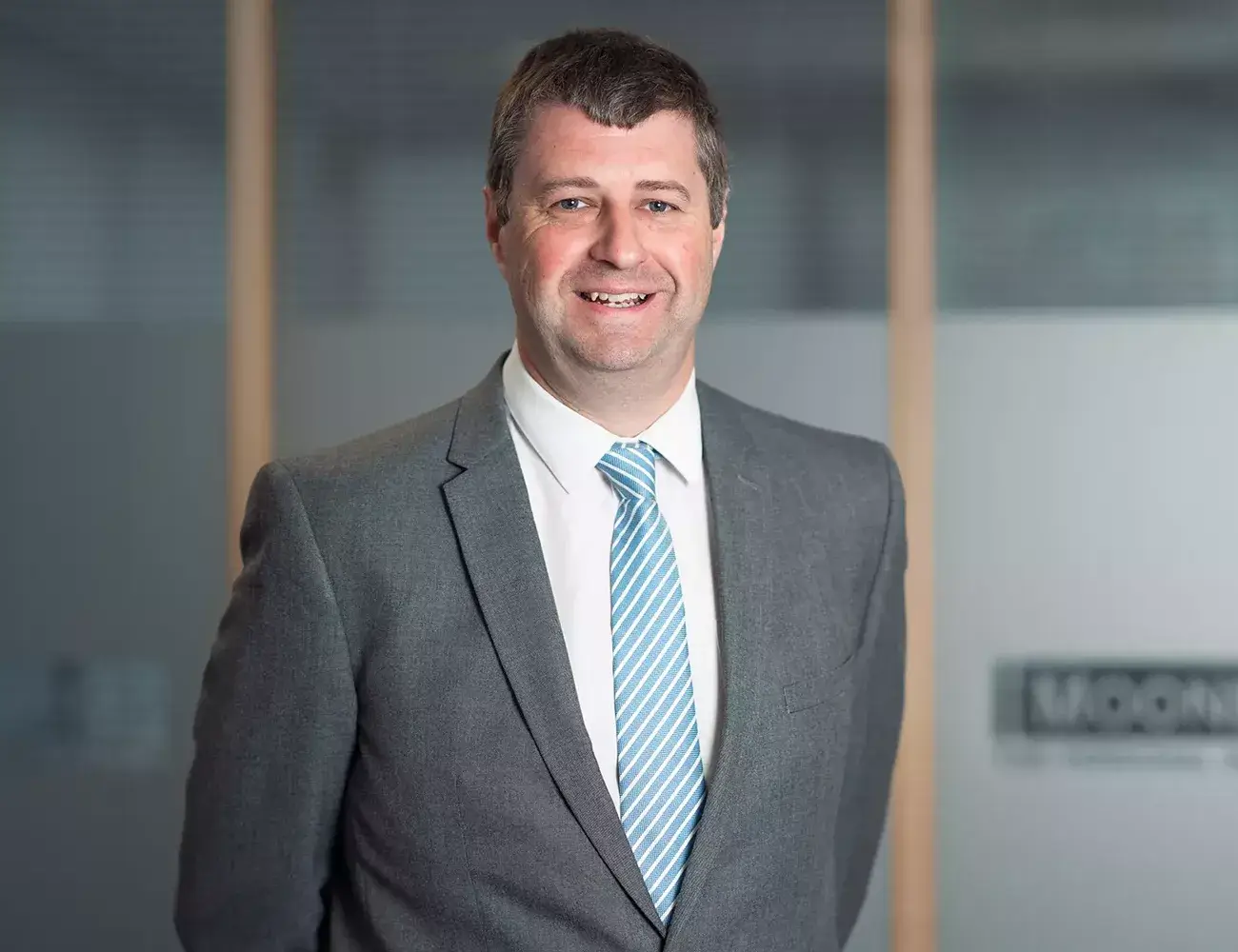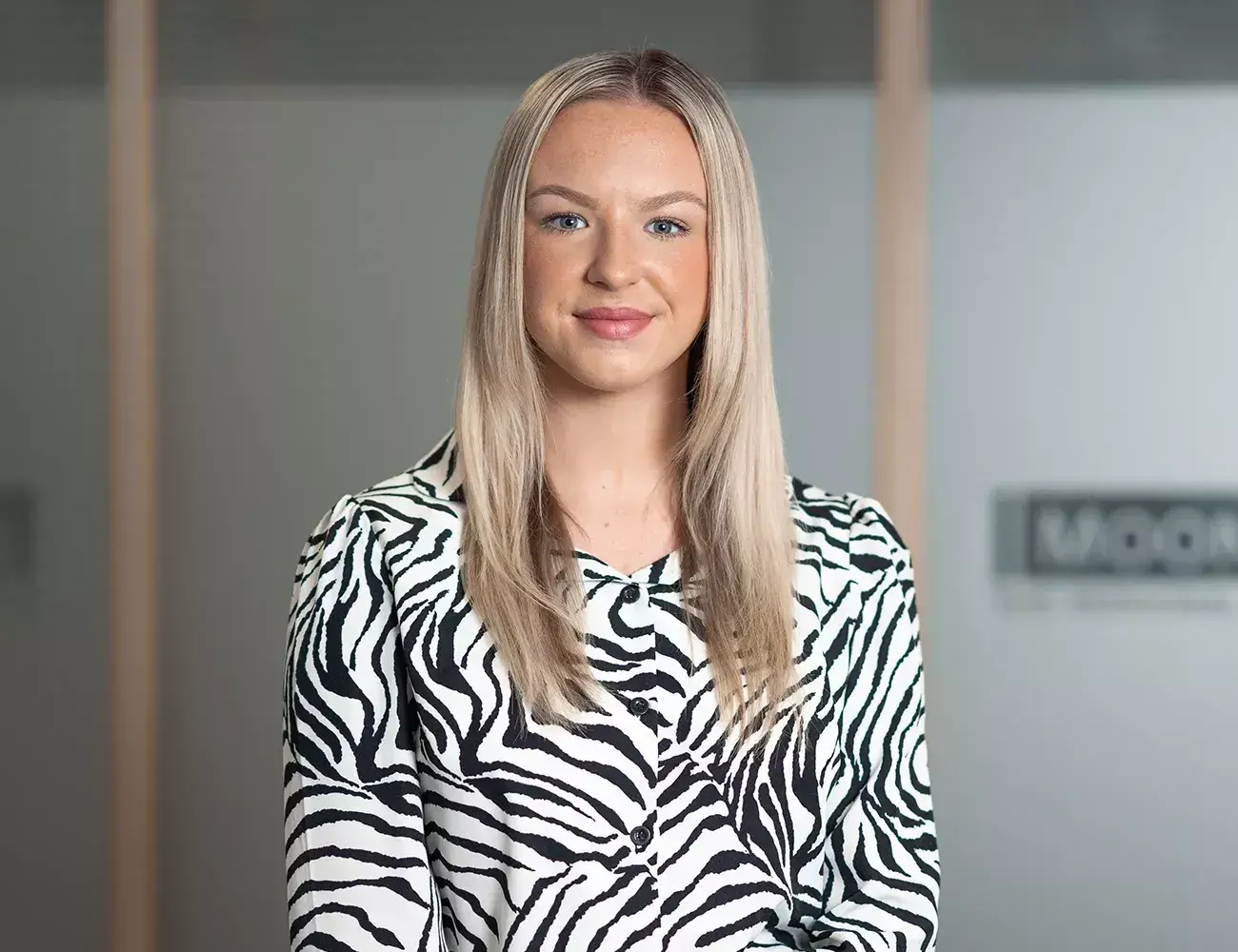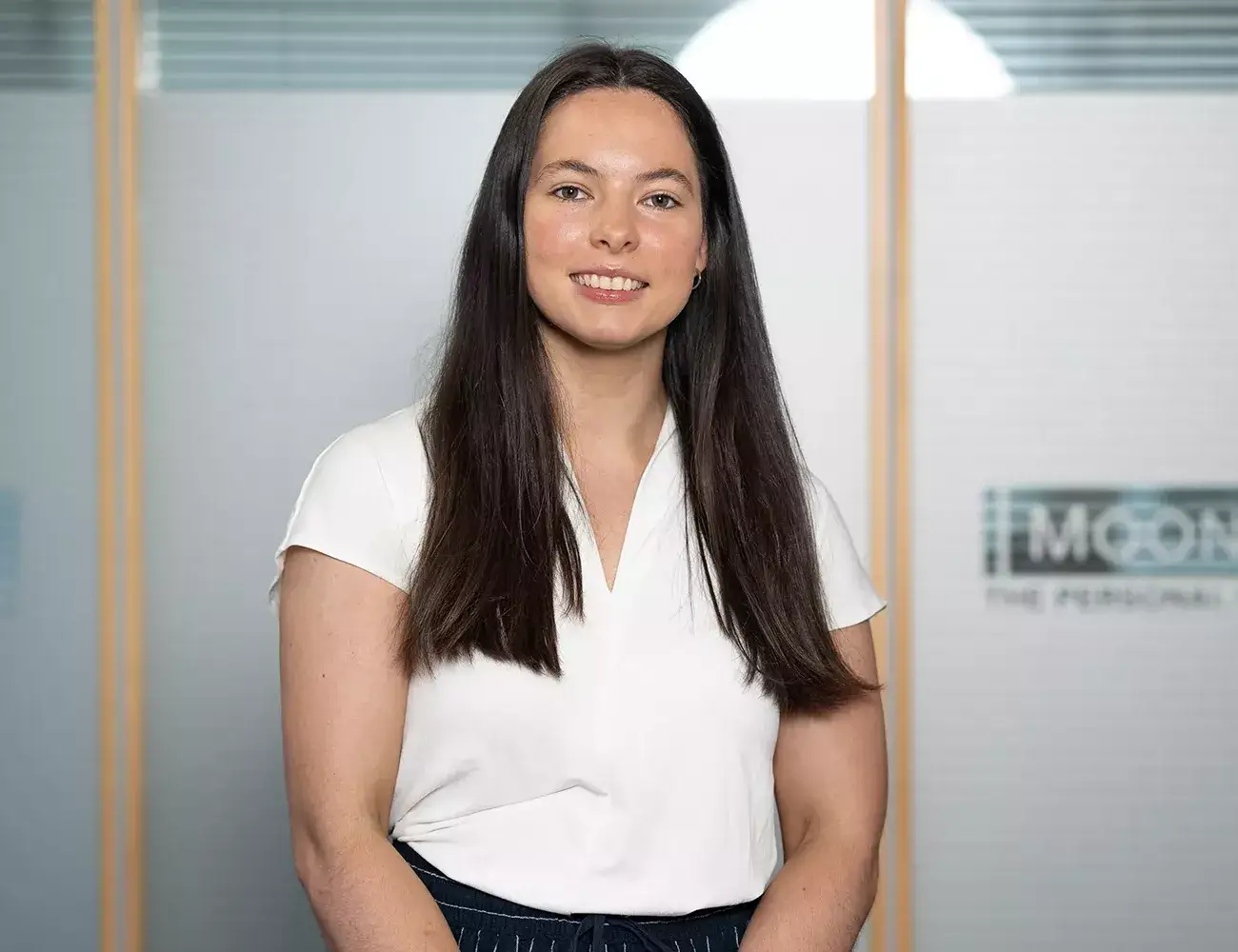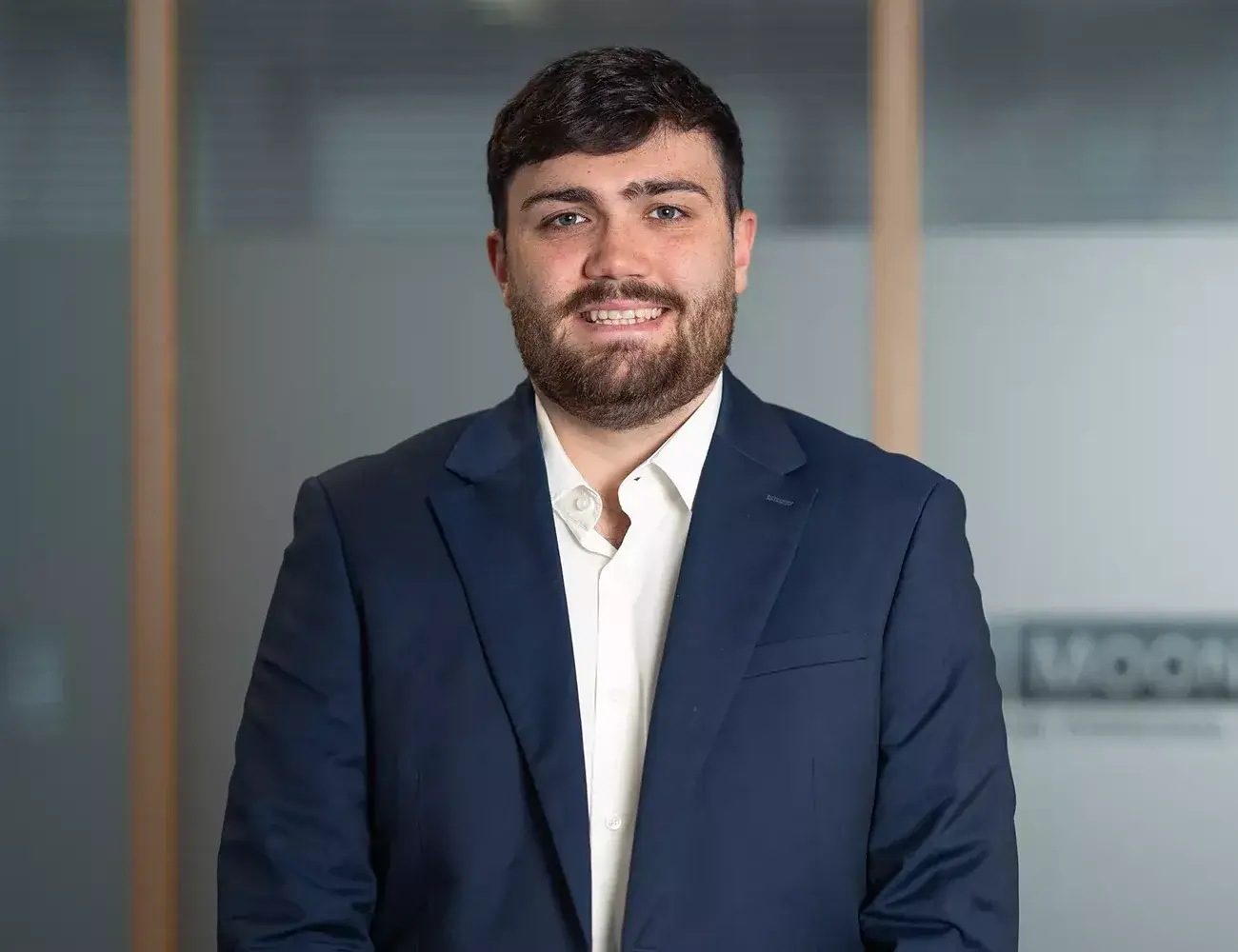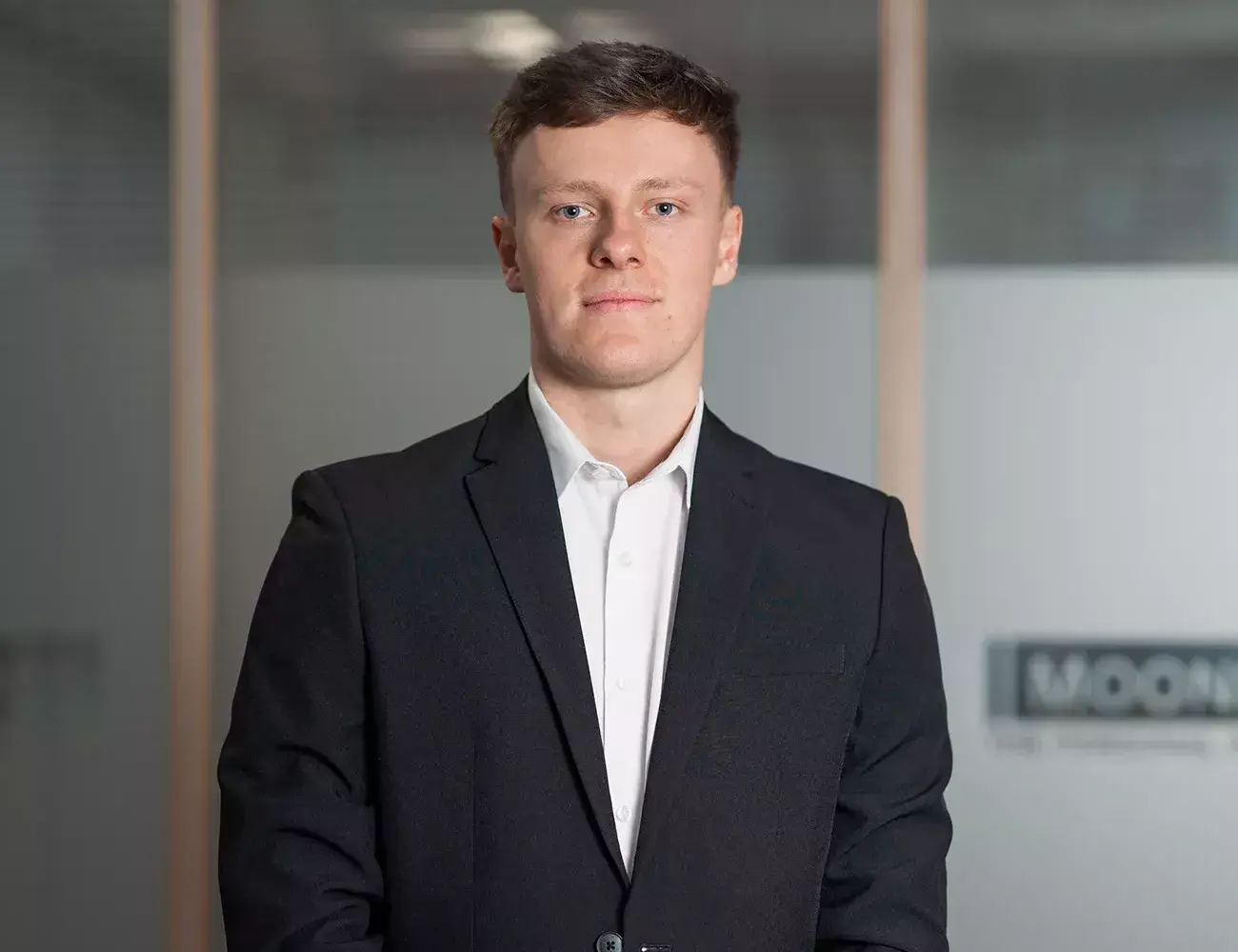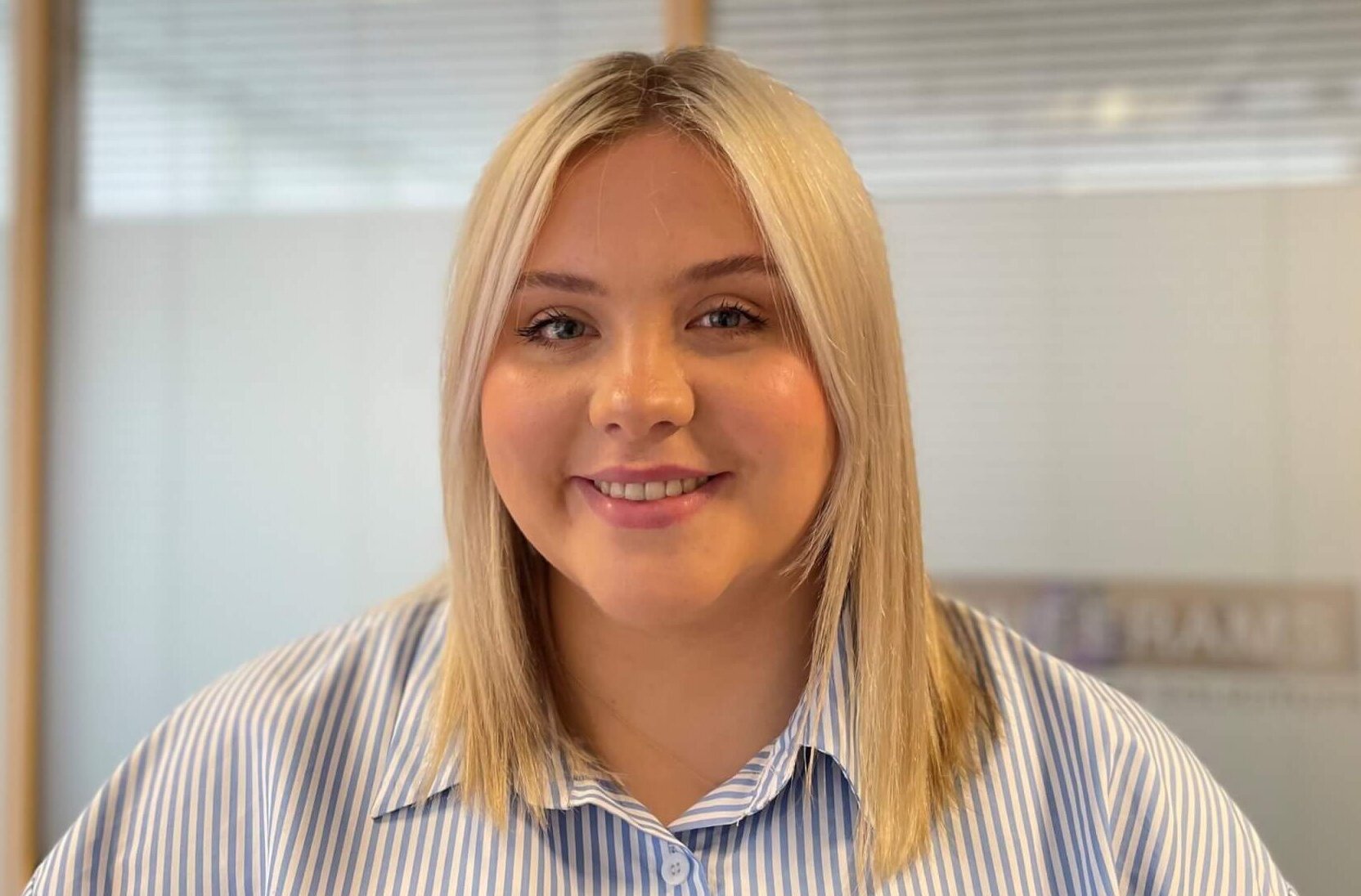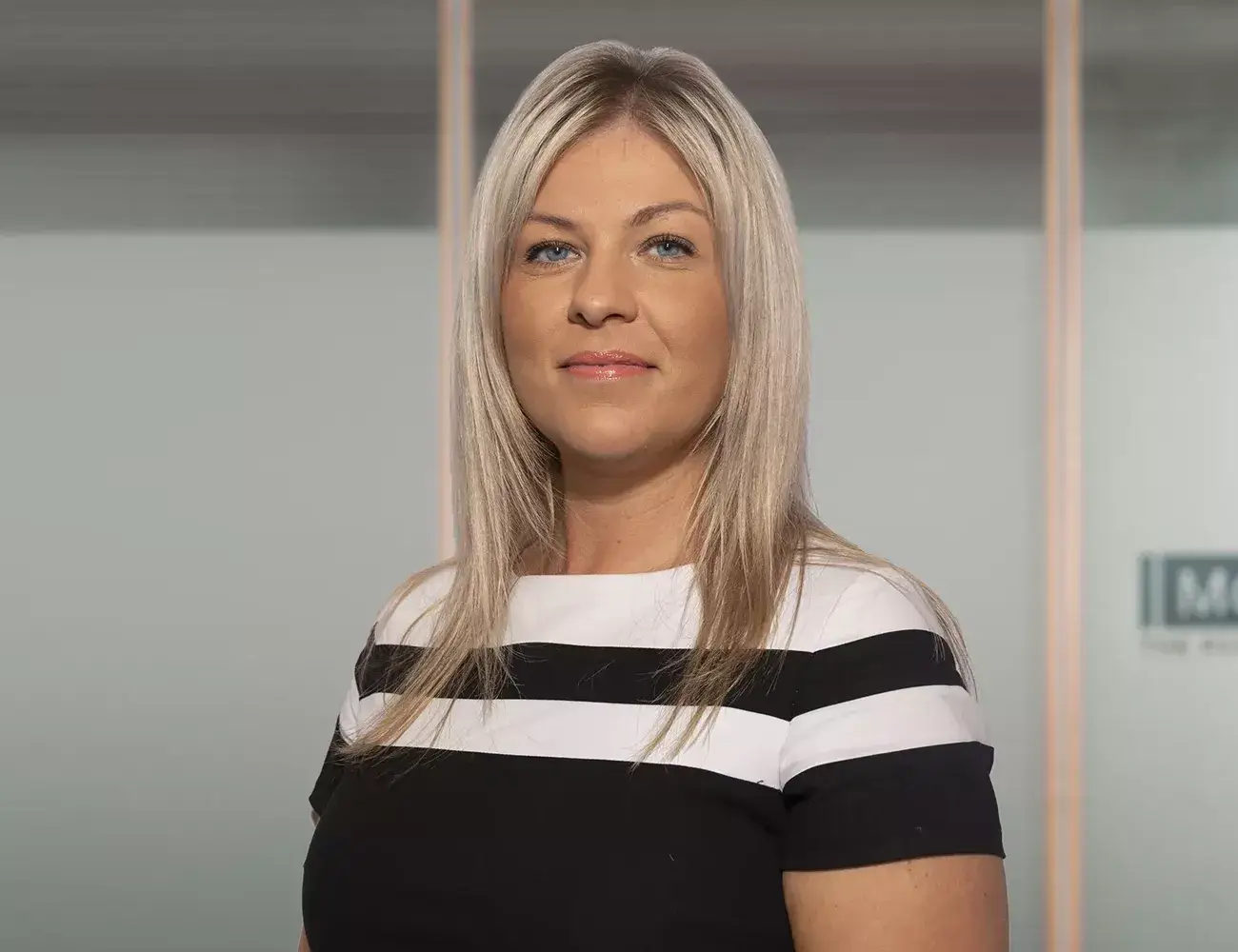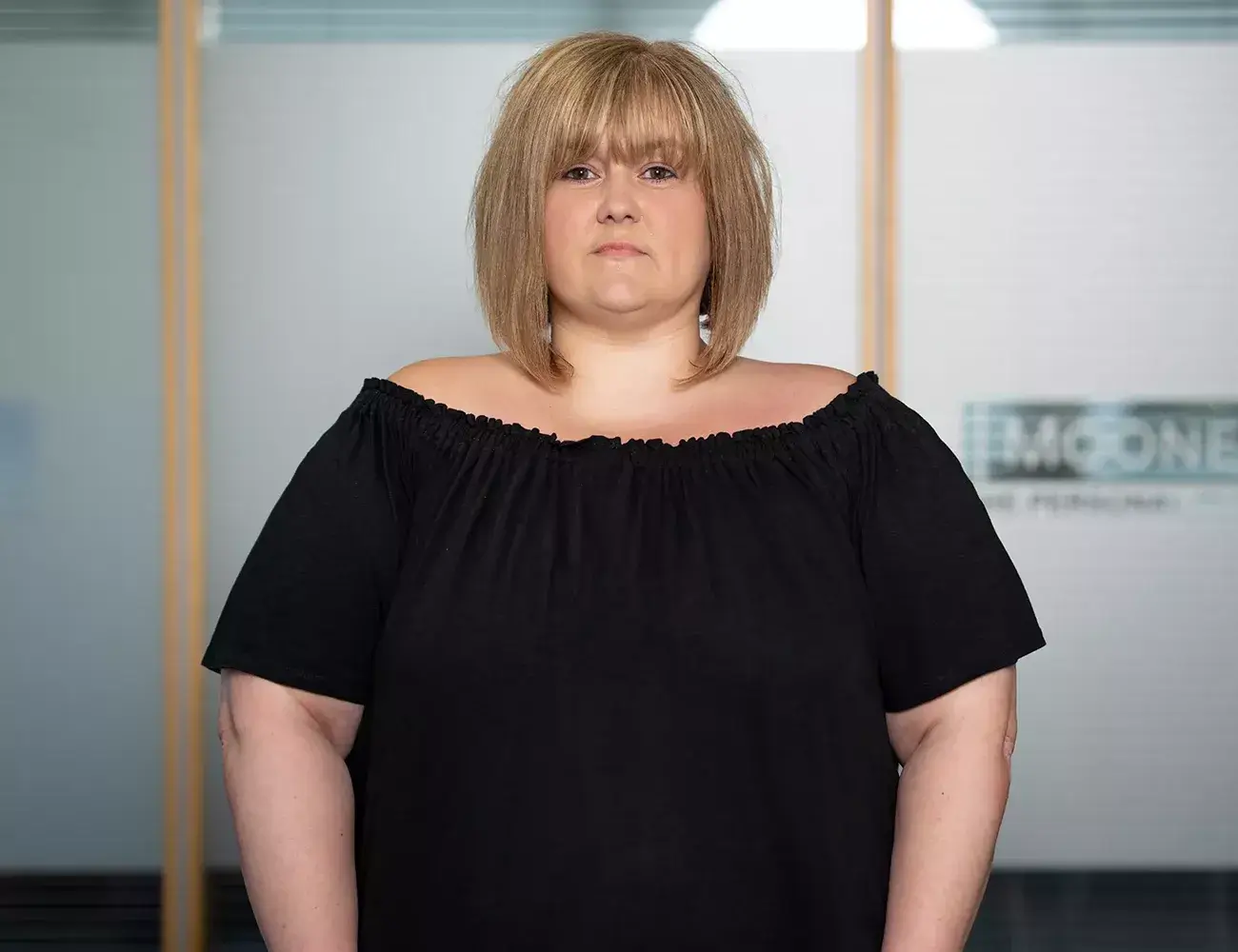What is Anaesthetic?
Most medical procedures involve some pain or discomfort. Anaesthesia is the medical way of preventing you from feeling that pain, either by numbing an area or, for bigger operations, by putting you to sleep.
Anaesthesia Can be Split into Three Types:
Local anaesthesia
This numbs a small, specific area (for example, a skin lesion or a tooth). It can be applied to the skin or injected. You’re awake and able to chat.
Regional anaesthesia
This blocks pain in a larger part of the body – an arm, a leg, or the lower half of the body (for example, an epidural). It’s given by injection near a cluster of nerves. You may be awake or lightly sedated.
General anaesthesia
A mix of medicines – usually an injection plus gases – puts you fully asleep and unaware during the operation. You won’t feel pain, and you won’t remember the procedure.
General anaesthesia is used for a range of surgical procedures, including complex operations, such as cardiac surgery, and emergency procedures, of the type required following a road traffic accident. The NHS generally only uses general anaesthesia when other types of anaesthesia are unsuitable for the procedure or patient. However, each year in the UK, somewhere in the region of 2.8-3 million general anaesthetics are given.
What is an Anaesthetist’s Role?
Anaesthetic drugs can affect breathing, blood pressure and heart rhythm, so they’re administered and overseen by specialist doctors: anaesthetists. Their job typically includes:
- Assessing your general medical history and current health, spotting any red flags (e.g. heart disease, diabetes, previous drug reactions).
- Choosing the right technique (local, regional, general) and planning the drugs and doses.
- Giving the anaesthetic and keeping a continuous eye on your vital signs.
- Managing the airway and oxygen levels.
- Responding if there’s a sudden problem.
UK guidance sets minimum standards for monitoring during anaesthesia (for example, ECG, blood pressure, oxygen levels and, during general anaesthesia, capnography). Those standards exist to keep patients safe.
What are Some Examples of Anaesthetic Negligence Claims?
Most anaesthetics in the NHS pass without incident. In 2017/18, anaesthesia accounted for about 1.5% of all clinical negligence claims notified to NHS Resolution – a small share of the overall picture. Even so, errors do happen and can be serious.
Typical problems we see include:
Dosage errors
Too much anaesthetic can depress breathing and circulation; too little can lead to “accidental awareness” or “anaesthetic awareness” (waking or being aware during the operation).
A major UK project (NAP5) estimated accidental awareness at around 1 in 19,000 general anaesthetics overall, with additional risk in certain scenarios (for example, with muscle-relaxant drugs or some emergency obstetric cases). Psychological injury including PTSD (Post Traumatic Stress Disorder) type symptoms can follow. Anaesthetic awareness claims are rare, but a patient who suffered awareness due to a dosage error would be entitled to bring a claim if it caused them to suffer illness or injury.
Inadequate monitoring
If the recommended monitors aren’t used or worrying changes aren’t acted on, patients can suffer avoidable harm – cardiac arrest, lack of oxygen, organ injury, or awareness. UK monitoring standards are clear about what should be in place.
Failure to identify risks
A proper pre-operative assessment should pick up issues like allergies, difficult airways, reflux/aspiration risk, or drug interactions. When those things are missed, the wrong plan or drug can be used – with avoidable consequences.
Airway management errors
Keeping the airway open and oxygen flowing is fundamental. Errors with intubation, ventilation or aspiration prevention can cause brain injury, pneumonia, or worse. The UK’s NAP4 project documented the most serious airway complications across the NHS and why they happen.
If something goes wrong, can I make an anaesthetic negligence claim?
Not every bad outcome is the result of negligence. To succeed with a claim, we’ll need to show:
- The anaesthetist (or hospital) owed you a duty of care,
- That they breached that duty (their care fell below a reasonable standard), and
- That the breach caused your injury (“causation”).
Establishing ‘causation’ is often the most difficult part of medical negligence claims.
Proving negligence is one thing. You then have to prove that the healthcare professional’s negligence caused the injury and loss for which you are claiming compensation.
If you choose Mooneerams as your medical negligence solicitors, it will be our job to obtain and put together all the evidence needed to try to prove causation. With your permission, we’ll get hold of all your medical records and instruct independent medical experts. We will ask them to provide their reasoned opinion on causation in your case. We will ask them what would have happened, in all likelihood, if you’d received competent care.
If you’re unsure whether you have a potential claim, don’t hesitate to contact a member of our team at Mooneerams. After you’ve spoken with one of our medical negligence lawyers for initial legal advice, there will be no obligation on you to take the matter further, unless you want to do so.
How Much Compensation Will I Receive for an Anaesthetic Negligence Claim?
Every case is different, and so putting a figure on the amount of compensation you will get if your claims succeed is difficult to predict. However, the compensation will consist of:
- General damages for pain, suffering and loss of quality of life.
- Special Damages are the financial losses you want to claim, including past and future earnings, care and assistance costs, medical treatment, therapy, and travel expenses.
- Future needs (for example, equipment or home adjustments if there’s a long-term disability).
We’ll value the claim with help and advice from medical and (if needed) financial experts. We’ll keep you updated as the evidence develops.
Is There a Time Limit for Bringing a Claim?
Yes. In England and Wales, the general rule is that as an adult you have three years to start a claim from the date of the alleged negligence or the date you first knew (or could reasonably have known) that your injury was linked to the negligent incident (the “date of knowledge”).
Different rules apply for children (where time only runs from the date of their 18th birthday) and for adults who lack mental capacity to make their own decisions (where time may not run while the person still lacks capacity).
However, if you think you may have a possible claim, it’s always best to get advice sooner rather than later so that you don’t run the risk of running out of time to claim. In any event, the sooner the claim is started, the better, whilst the circumstances are still fresh in everyone’s mind.
Can I Make a No Win No Fee Anaesthetic Negligence Claim?
We can act for you on a No Win No Fee basis in most medical negligence cases. By entering into a No Win No Fee agreement with us, it means you pay nothing to us up front. If the claim is successful, our fee is taken from the compensation agreed with you at the outset. If the claim doesn’t succeed, you don’t pay our fees. We’ll explain in detail what No Win No Fee means to you before we take on your claim.
Why Choose Mooneerams for Your Anaesthetic Negligence Claims?
We’re a claimant-only law firm. That matters. We only act for people making clinical negligence claims – never for NHS Resolution or private healthcare insurers in defending claims. If you choose Mooneerams to handle your claim for you, you will receive:
- A specialist medical negligence team with many years of experience.
- Straight answers and regular updates in plain English.
- Sensible funding options, usually on a No Win, No Fee basis.
- Practical support: from sourcing records to arranging the right experts.
Call Mooneerams now on 029 2199 1927 if you think you may have suffered harm and loss as a result of the negligence of a healthcare professional during the administration of anaesthetics.


